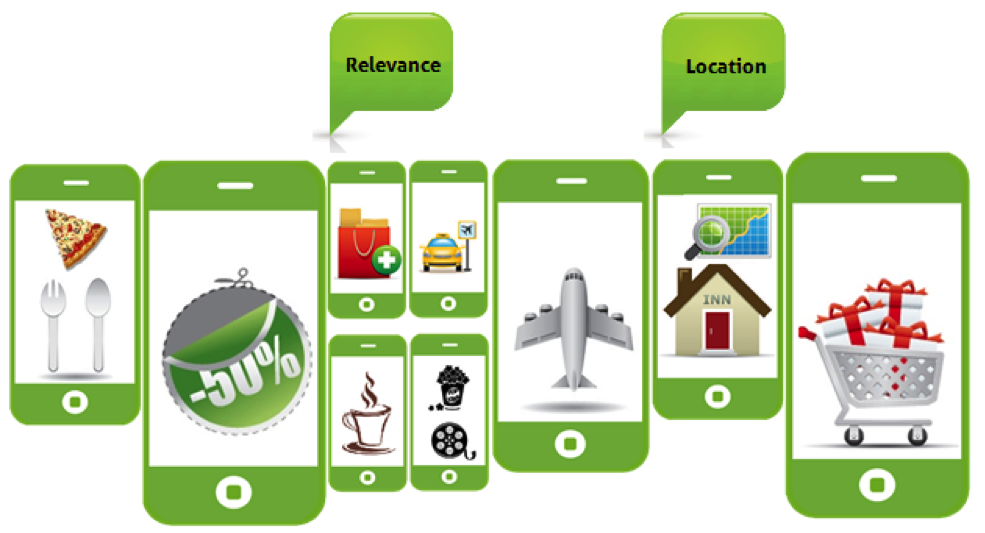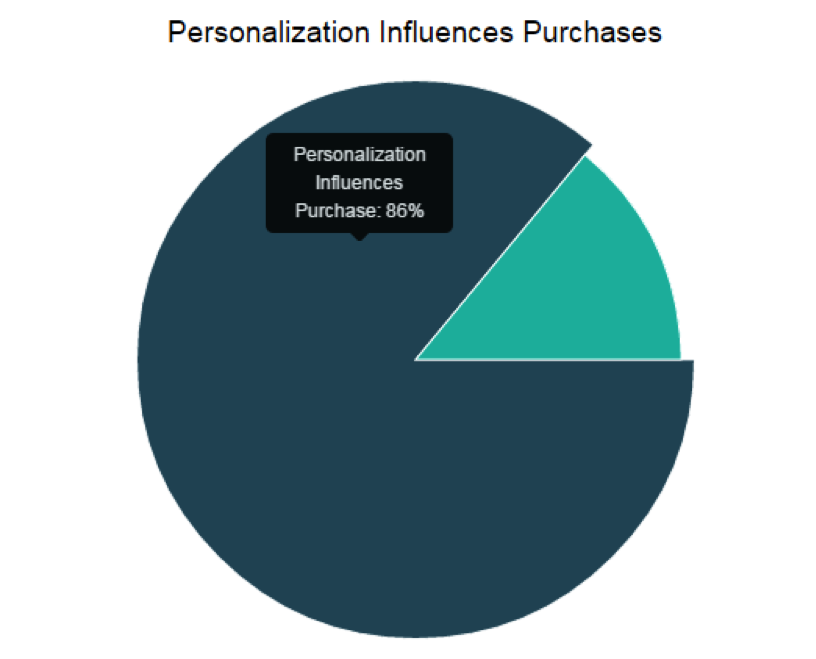Mobile is redefining customer engagement models. Highly personalized recommendations are possible now that companies can access location information and user behavioural data. Brands and services must leverage intelligent targeting to win customer loyalty, rev up engagement, boost conversions and most importantly, to stay competitive in the mobile-first world.
By analysing the customer journey and expectations in their moment of need, mobile applications in coming years must become smart enough to design experiences that fulfil their customers’ needs in real-time. Of the many factors that deliver an outstanding customer experience, context rules. Context-aware mobile applications understand the location and environment of the user, as well as interests and past actions.
Keeping in mind the immediacy associated with mobile, accurate data delivery is essential to enhance the consumer experience. Personalizing mobile content delivery based on users’ demographic data, preference, purchase behavioural information and context can positively influence consumer experience, which in turn strengthens engagement or purchase intention.
Context-aware mobile apps are already very common. One example is Gas Buddy, an app that helps you find nearby gas stations once you share your location. But what if apps knew more about you than simply your location? What if your apps knew what kind of car you drive or whether you prefer a window or aisle seat when traveling? Or even your favorite food? That’s when we step into the world of hyper context, where apps can store your preferences, learn from your actions, and make your life a bit easier.
As Cisco defines it “Context aware mobile applications leverage information about ‘where’ the user is. In contrast, Hyper-context aware applications move beyond just location and include ‘who’ the user is, and ‘what’ interest or past behavior the user has exhibited.”
Google Now is one such hyper-context aware application that delivers personalized and targeted recommendations for a highly positive user experiences. On the way to a meeting? Launch the app and Google Now will suggest the best route to your destination as entered in your calendar. The app optimizes your experience by alerting you to the traffic conditions along the way, suggesting alternate routes and continually updating the estimated time of arrival. The application delivers a satisfying solution to an immediate problem by understanding your context – location, time, history, intent, and other relevant information.
Another example of a context-aware application is the Cortana personal assistant for Windows 8.1 phones. Basically a cross between Siri and Google Now, Cortana will not only perform basic assistant-like tasks such as making calls, sending texts and updating your calendar, it can also help you plan ahead by predicting your needs. If you’ve planned a trip and added it to your calendar, Cortana will warn you if your flight is delayed. On a regular work day, Cortana can tell you what traffic looks like for your evening commute. Even better, Cortana can practically read your mind, reminding you when you arrive at the grocery store that you need to pick up milk, for example.

Contextual Information = Better User Experience = Deeper Engagement
Making a leap from context to hyper-context, it is hyper-personalization that can be the key driving force for deeper customer engagement and an influential factor to drive conversions. Context leverages on the saying “your past influences your future,” but with hyper-context, we go further, by not only looking at your past preferences, but predicting your future needs to give better user interaction with brands and services. That’s personalization at its best.
Today, so much data is being collected from consumers whether they actively share it or passively allow it in the background. If you can serve relevant content, it turns out that consumers are willing to share some private information in return. A recent survey shows that a whopping 88 percent of participants would share their locations in order to receive coupons and offers.
Personalization is the best way to deliver relevant content to users based on their interest and also one of the best ways to influence purchase decisions. In a survey of US based consumers, 86% said that online personalized product recommendations influenced what they purchase, with 25% saying that personalization significantly influences their purchases.

Mobile data is enabling better predictions using faster processing technology; hyper-context has arrived and will get better in the coming years. Several existing and upcoming applications are joining the Google Now and Cortana tribe and going beyond serving hyper-contextual recommendations on mobile.
Mobile has enabled us to do more, in less time and on the go. Mobile applications need to catch up; and why shouldn’t they, with so much opportunity. With mobility enhanced, there is a strong expectation from new and upcoming applications to leap from context to hyper-context.
The article is attributed to Prima Dona – VP Product Innovation, IP, Business Strategy at KeyPoint Technologies

